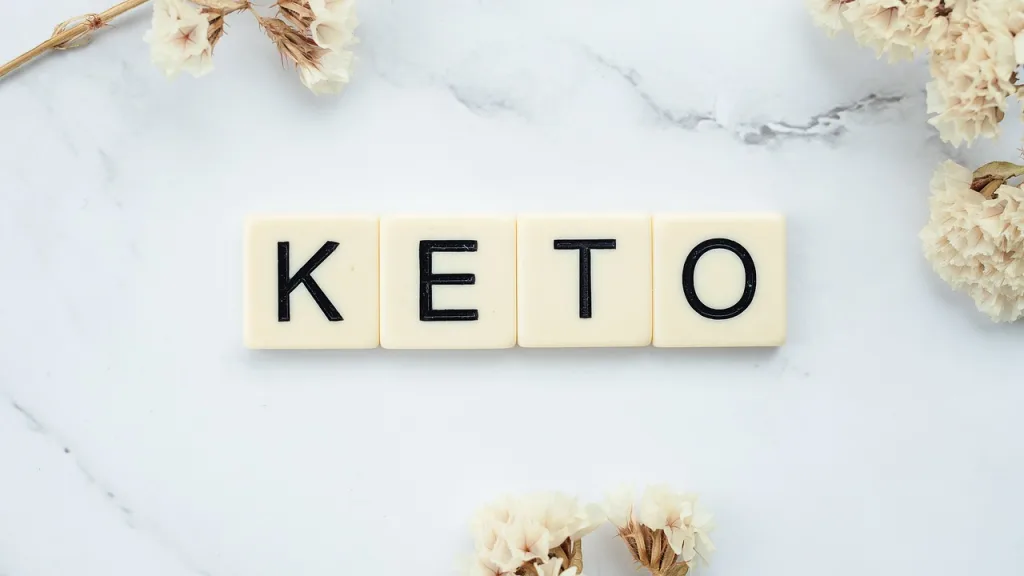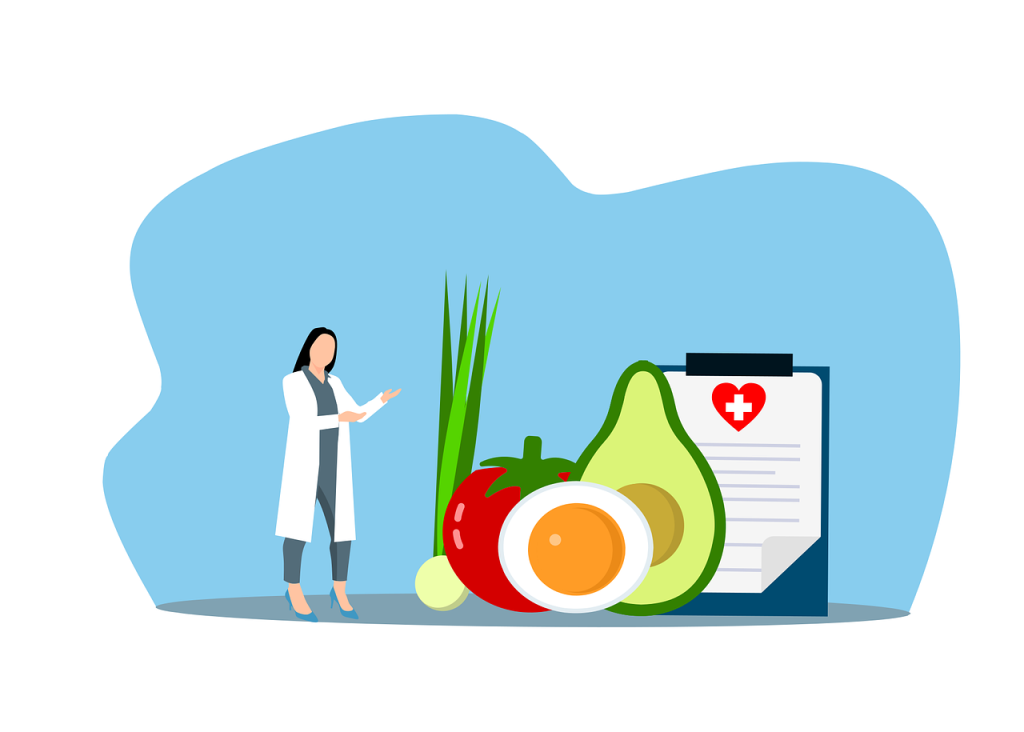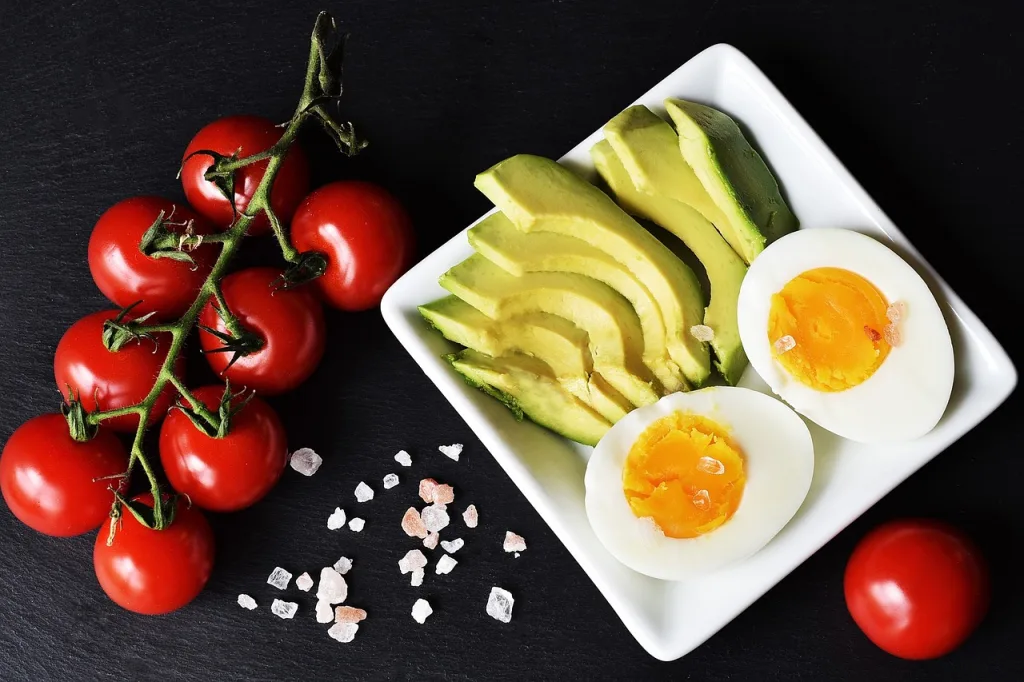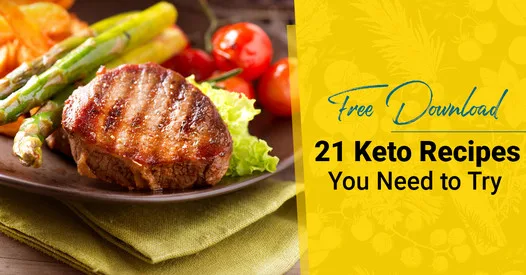Setting your sights on shedding some pounds? If so, you’re probably considering the popular ketogenic diet. When doing keto, one aspect that tends to raise a lot of questions is how much protein should you be consuming. Don’t worry, you’re not alone; it’s indeed a delicate balance to strike. “Optimal Protein Grams in Keto For Weight Loss” is designed to serve as your guide, shedding much-needed light on the subject. This article will empower you with knowledge on how to navigate the often confusing path of protein consumption in a ketogenic diet – making your weight loss journey less daunting and, hopefully, more successful.
Understanding the Keto Diet
Diet trends come and go, but one that has been consistently popular is the Keto Diet.
What is the Keto Diet?
The Keto diet, short for ‘ketogenic’, is a low-carb, high-fat diet. Unlike other diets that restrict calories, the Keto diet focuses on changing the types of foods you eat. The goal is to lessen your intake of carbs, which are the body’s main source of energy, and increase your consumption of fats.
How does the Keto Diet work?
The main principle behind the Keto diet is getting your body into a state of ‘ketosis’. This is a metabolic state where, instead of utilizing carbohydrates for energy, your body relies on fats instead. As your body breaks down fats, it produces molecules called ketones which your body then uses for energy.
Benefits of the Keto Diet for Weight Loss
One of the key benefits of the Keto diet for Weight Loss lies in its ability to induce a state of ketosis. In this state, your body is burning fat for fuel, which can help to reduce body fat levels. Furthermore, the high fat content of a ketogenic diet can help to keep you feeling full, reducing the likelihood of overeating.
Role of Protein in the Keto Diet
Understanding the role of protein in the Keto diet is crucial to achieving your weight loss goals.
Protein as a Macronutrient
Protein is one of three macronutrients – nutrients our bodies need in large amounts – alongside carbs and fats. It plays a critical role in various bodily functions, including tissue repair, immune function, and muscle growth.
Importance of Protein in the Body
Protein is vital for the body as it provides the essential amino acids we need but cannot produce ourselves. These amino acids are the building blocks of our muscles, skin, and other organs.
Protein and Ketosis
Although the Keto diet is primarily focused on high fat and low carb intake, protein also plays a vital part. Consuming an adequate amount of protein can help you maintain muscle mass while losing weight.

Determining Optimal Protein Intake
When it comes to protein intake on the Keto diet, it’s not one size fits all.
Factors affecting optimal protein intake
Your optimal protein intake can indeed depend on various factors such as your age, gender, activity level, and weight loss goals.
Calculation methods for optimal protein intake
A common way to calculate optimal protein intake on the Keto diet is to consume 1.2-1.7 grams of protein per kilogram of body weight. However, this can vary based on your unique requirements.
Impact of different levels of protein intake
Consuming too little protein can lead to muscle loss, while consuming too much might interfere with ketosis. Hence, finding your optimal level is paramount.
Benefits of Optimal Protein Intake for Weight Loss
When adjusted right, protein is your ally in weight loss.
Protein and Muscle Mass Maintenance
As you Lose Weight, it’s essential to consume enough protein to maintain muscle mass while shedding fat.
Protein and Satiety
Protein richness can help keep you feeling full, curbing cravings and reducing total calorie intake.
Protein’s Role in Metabolism Boosting
Adequate protein intake can also boost your metabolism and increase the number of calories your body burns at rest.

Protein-Rich Food Sources Suitable for the Keto Diet
Finding the right protein source is key in a successful Keto journey.
Animal Protein Sources
Animal sources like meat, poultry, fish, and eggs are excellent choices on a keto diet.
Plant-based Protein Sources
For vegetarians or vegans doing keto, alternatives include tofu, tempeh, seitan, and certain low-carb nuts and seeds.
Processed Protein Sources
It’s better to stick with whole foods, but in cases where it’s tough, protein powders and bars can be alternatives.
Typical Protein Intake on Different Keto Variants
The Keto diet also branches out to a few variants, each having its unique protein needs.
Standard Ketogenic Diet (SKD)
The SKD usually requires moderate protein intake, around 20% of your total calories.
Cyclical Ketogenic Diet (CKD)
The CKD alternates between low-carb and high-carb days, affecting protein intake as well.
Targeted Ketogenic Diet (TKD)
Those on a TKD generally consume a little more protein due to pre- and post-training carbs.
High Protein Ketogenic Diet
As the name implies, this diet variant prioritizes higher protein intake.

Potential Risks of High Protein Intake in Keto
While crucial, too much protein can also pose disadvantages.
Protein Overconsumption and Ketosis
Consuming excessive amounts could potentially interfere with ketosis, hindering your ability to lose weight on the Keto diet.
Impact on Kidney Function
For people with existing kidney disease, high protein diets could potentially cause further damage.
Nutrient Imbalances
Overconsumption of protein might disrupt the delicate balance of nutrients essential to the Keto diet.
How To Adjust Protein Intake in Keto Individually
Finding your optimal protein intake is an individualized affair, and adjustments should be made accordingly.
Monitoring results and adjusting
Monitor your weight loss progress and adjust the protein intake needed for desired results.
Overcoming plateaus in weight loss
If you hit a weight loss plateau, tweaking your protein intake can help get you back on track.
Understanding body responses
Everyone’s body reacts differently to diets. Pay attention to how yours respond to changes in protein consumption.

Debunking Misconceptions about Protein and Keto
Now, let’s debunk some myths about protein consumption commonly associated with Keto.
Myth: Too Much Protein Turns Into Sugar
While it is true that excessive protein can be converted into glucose, this doesn’t occur under normal circumstances and isn’t a concern for most people.
Myth: High Protein Intake Hurts the Kidneys
Unless you already have Kidney Disease, scientific evidence suggests that high protein intake doesn’t harm your kidneys.
Myth: Protein Needs Are the Same for Everyone
Protein needs actually can vary immensely depending on factors like age, sex, and physical activity.
Conclusion: Striking a Balance in Protein Intake in Keto
Optimizing your protein intake in Keto is a delicate balancing act.
Importance of personalizing protein intake
Remember that your optimal protein intake is individual and can vary.
Considerations for long-term health and weight maintenance
It’s vital to consider long-term health and weight maintenance when figuring out your protein intake.
The role of ongoing monitoring and adjustments
Lastly, keep monitoring and adjusting your protein intake as needed. After all, it’s key to maintaining optimal health and achieving your weight loss goals on the Keto diet.

